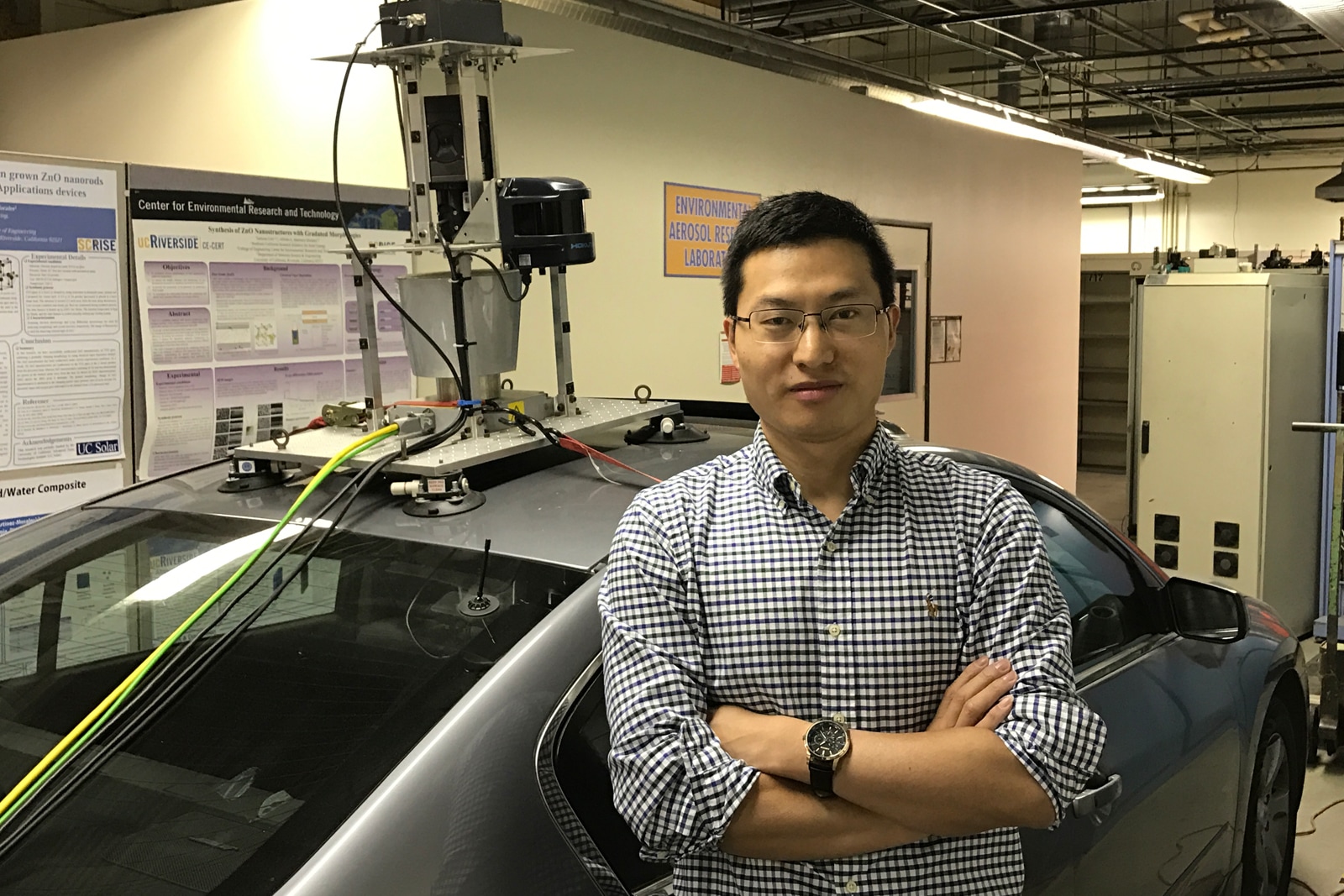Plug-in hybrid cars aren’t as efficient as they could be. While starting in a pure electric mode is good for relatively short trips, it actually hurts your fuel economy if you have to switch to the gas engine. Science may have a solution, though, and it’s taking its cue from nature. University of California, Riverside researchers have developed evolutionary algorithms that learn to combine electric and gas power for maximum fuel economy. The approach mimics natural energy-saving processes to invoke the electric motor throughout the trip, and adapts based on your driving conditions — it should help whether you’re stuck in downtown traffic or cruising effortlessly on the highway.
The algorithms managed energy savings of more than 30 percent, which could be enough to help you avoid a mid-route pit stop. And it might just get better in real life, since UCR envisions connected cars sharing their wisdom with each other to make more informed decisions.
This won’t help all that much if you try to avoid using gas whenever possible (such as during a moderately-sized, predictable commute). Also, the team will still have to land partnerships with car companies before you get these savings from the vehicle in your driveway. Even so, it’s promising. While electric cars are likely to dominate in the long run, extra-efficient plug-in hybrids could serve as a useful stopgap in the short term.
(15)

